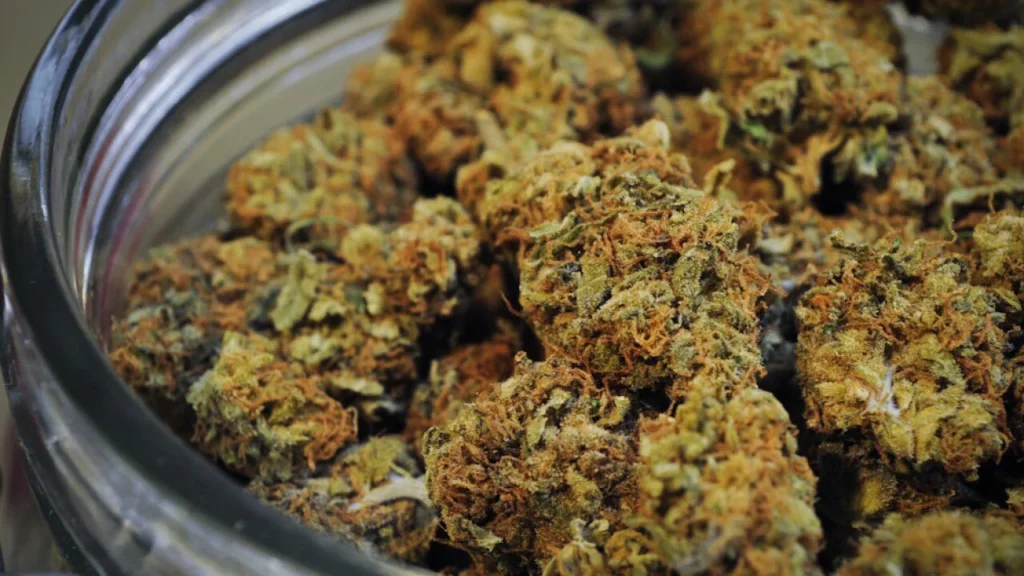Since the start of legal marijuana sales in 2014, Colorado has sold an eye-opening $14 billion in legal marijuana and marijuana products.

In total Colorado (the nation’s 21st most populated state) sold $14.3 billion in marijuana between January, 2014 and March, 2023. These sales have resulted in $2,414,242,457 in new tax revenue for the state. Marijuana tax revenue is used for health care, education, substance abuse prevention and treatment programs, and law enforcement.
In Colorado marijuana sales are taxed in a few different ways. There’s the standard 2.9% state sales tax, there’s a 15% retail marijuana sales tax and a 15% marijuana excise tax. This is on top of a potential local tax of up to 2.9%. Medical marijuana is exempt from the two 15% taxes, but not the 2.9% sales tax. In terms of marijuana
Between 2014 and 2022, the year with the highest marijuana sales was 2021 with $2.22 billion ($423 million in taxes), followed by 2020 with $2.19 billion ($387 million in taxes) and 2022 with $1.76 billion ($325 million in taxes). These numbers include sales data for dried marijuana flower as well as marijuana products such as hash, oil, tinctures and edibles.
In terms of the calendar year total for 2023 (which doesn’t yet include any data for April), $70,205,768 has been made from almost $400 million in sales.
All of this is based on data released by the Colorado Department of Revenue.
Colorado was one of the first two states to legalize marijuana with the passage of a 2012 citizen’s initiative, alongside Washington State. Although marijuana possession became legal the following year, the first marijuana stores didn’t begin opening until January 1, 2014.
The law allows those 21 and older to purchase up to one ounce of marijuana, eight grams of marijuana concentrate and marijuana-infused products containing up to 800 milligrams of THC. Those 21+ are also allowed to grow up to six marijuana plants at a private residence.







